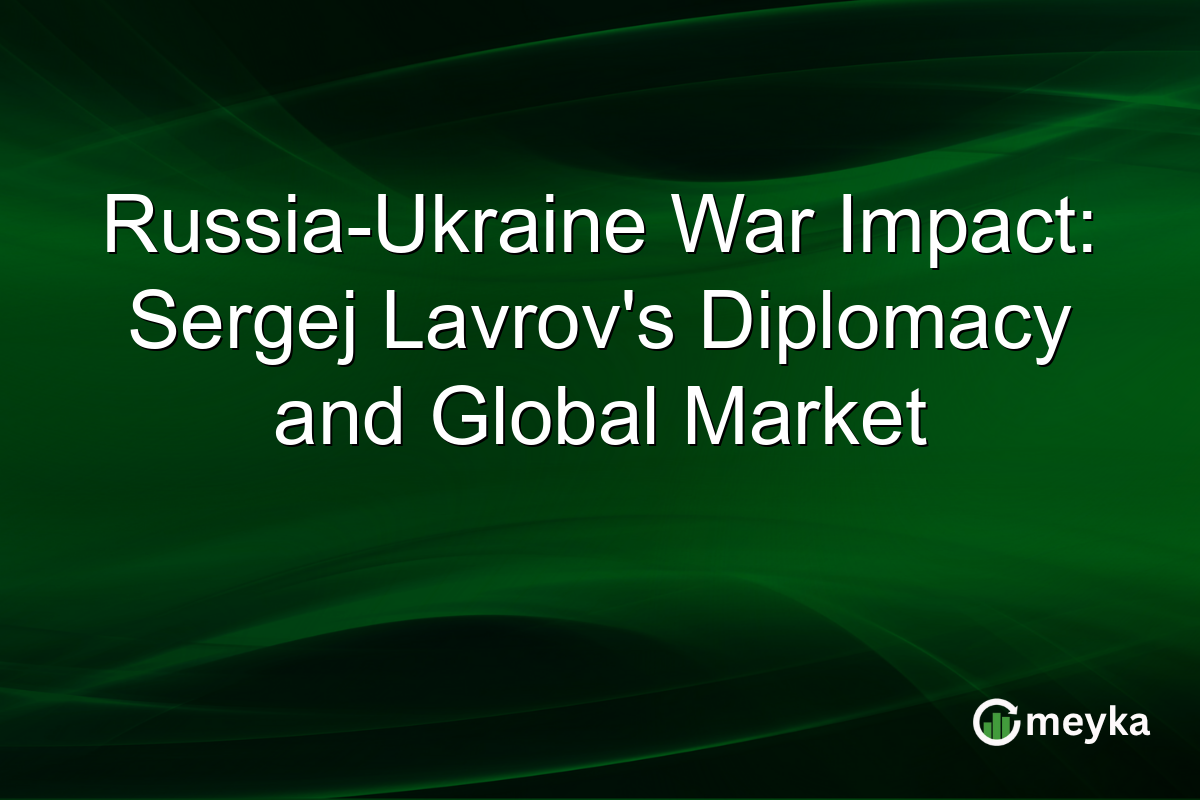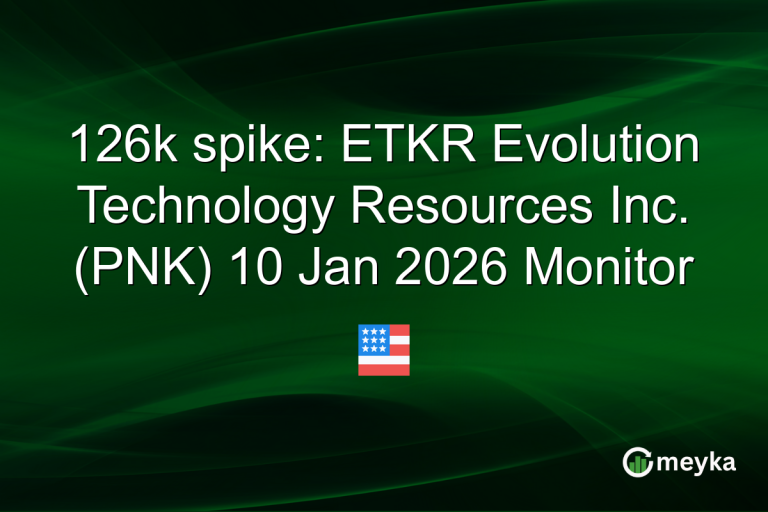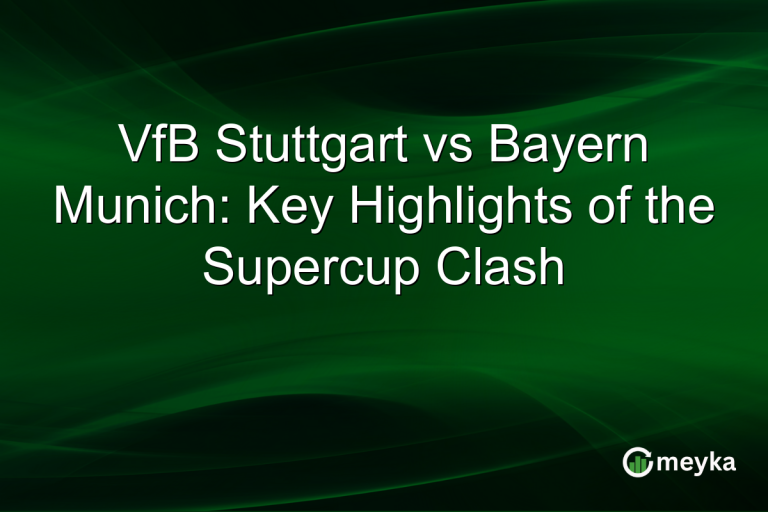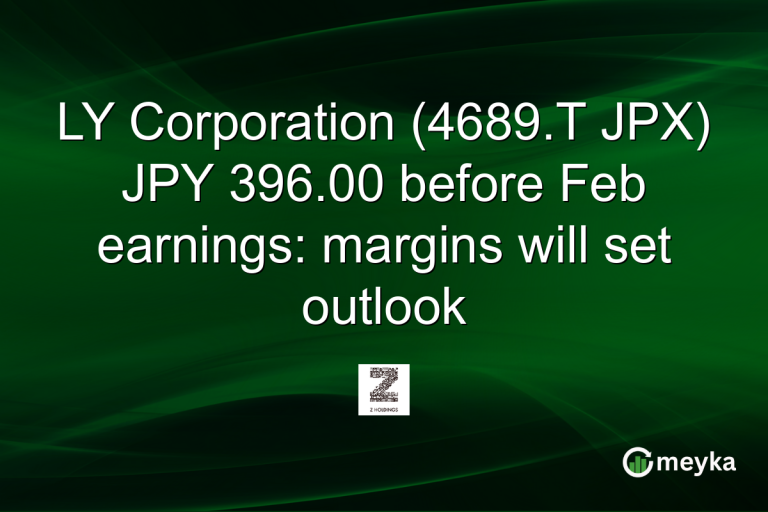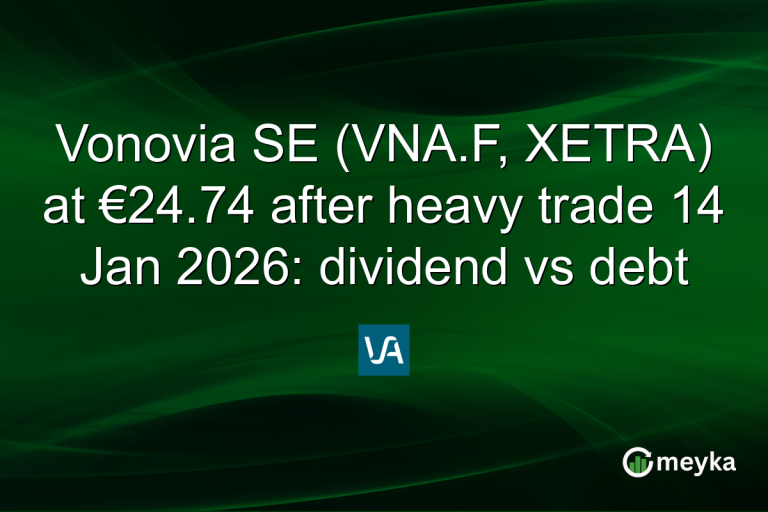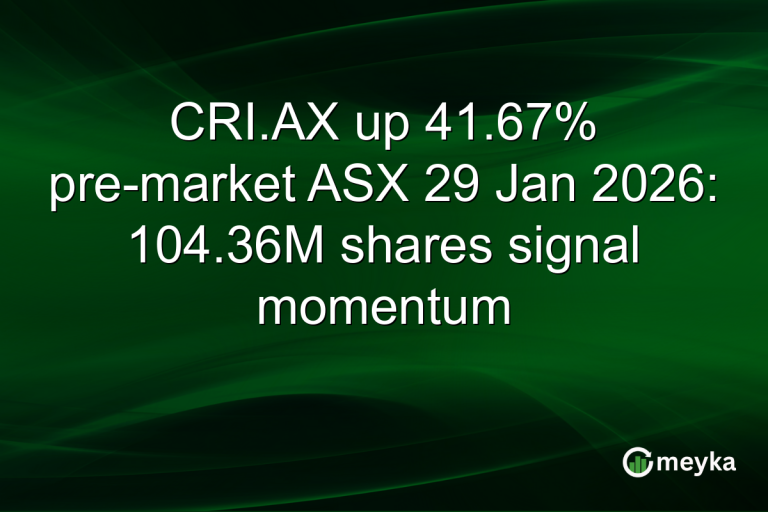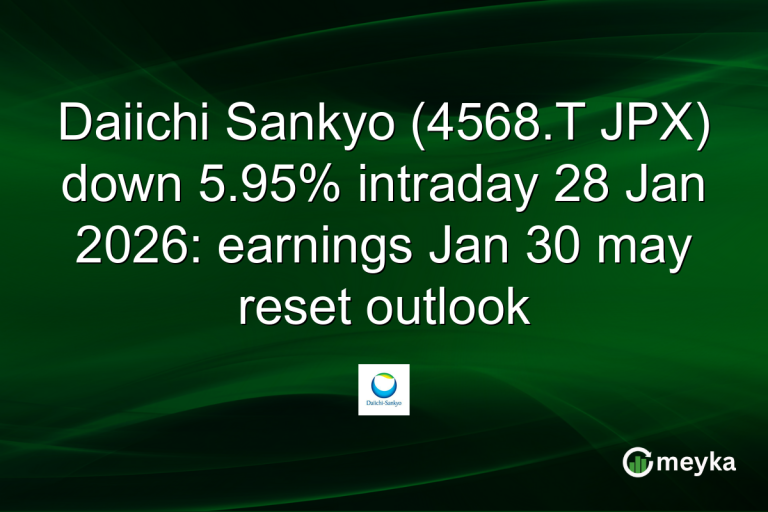Russia-Ukraine War Impact: Sergej Lavrov’s Diplomacy and Global Market
Sergej Lavrov, Russia’s Foreign Minister, is playing a crucial role in the ongoing Russia-Ukraine conflict. His diplomatic strategies are influencing global markets and causing shifts in geopolitical dynamics. This piece explores Lavrov’s recent initiatives and the impacts on investor sentiment and market volatility, focusing on the deep connections between his actions and the broader geopolitical landscape.
Diplomatic Maneuvers in a Tense Landscape
Sergej Lavrov’s diplomatic undertakings in the Russia-Ukraine conflict have captured global attention. As Russia’s chief diplomat, Lavrov has been navigating complex negotiations aimed at easing tensions while securing Russia’s interests. These efforts are closely observed by global leaders and markets alike. With his recent speeches and meetings, Lavrov is attempting to reposition Russia on the world stage, raising questions about potential shifts in alliances and power dynamics.
Lavrov’s engagements include numerous bilateral talks and multilateral summits, emphasizing peaceful resolutions. His public statements reveal a focus on dialogue over confrontation, aiming to build a narrative of stability and cooperation. However, his endeavors are met with skepticism by some Western powers, leading to a complex diplomatic balancing act.
A recent tweet highlighted Lavrov’s role in shaping the narrative: https://x.com/JagersbergKnut/status/1983455038619205951.
Market Reactions to Geopolitical Developments
The global markets have been sensitive to Sergej Lavrov’s diplomatic activities amid the Russia-Ukraine conflict. Investors closely monitor geopolitical tensions, which can lead to market fluctuations and increased risk assessments.
Lavrov’s strategies have occasionally calmed market nerves, contributing to temporary stability or causing caution depending on the outcomes of his talks. For example, successful diplomatic engagements typically see positive responses in global stock indices, while stalemates or escalations can lead to volatility.
Markets are especially reactive to Lavrov’s signal of Russia’s readiness for dialogue, which can reduce perceived geopolitical risks. However, uncertainties remain, prompting investors to stay vigilant and adaptive in response to ongoing developments.
Long-term Implications for Global Diplomacy
Sergej Lavrov’s diplomacy efforts extend beyond immediate market impacts, influencing global diplomacy’s long-term trajectory. His approach reflects a broader Russian strategy to reshape international alliances and partnerships. This could lead to strategic realignments, affecting countries’ economic and political decisions worldwide.
The ripple effect of Lavrov’s actions enriches discussions on international law and diplomatic norms. Observers note that Lavrov’s methods may set precedents for future conflicts and negotiations, introducing new standards for international relations.
These developments urge governments to reassess their foreign policies, potentially changing international trade and cooperation frameworks. As Lavrov continues to navigate these waters, his influence on global diplomacy cannot be understated.
Final Thoughts
Sergej Lavrov’s diplomatic efforts in the Russia-Ukraine conflict represent a significant force reshaping geopolitical dynamics and global market responses. His initiatives highlight the intricate link between diplomacy and market stability. Investors and policymakers alike must stay informed about these developments, preparing for potential shifts in global trade and investment strategies. As Lavrov continues to engage with international counterparts, the global community remains watchful, balancing caution with opportunities for collaboration. His ongoing influence underscores the critical role of diplomacy in navigating today’s complex geopolitical landscape.
FAQs
Sergej Lavrov’s diplomacy directly impacts global markets through investor sentiment. Successful talks may stabilize markets by reducing perceived risks, while ongoing conflicts can lead to increased volatility and caution among investors.
Lavrov faces challenges such as skepticism from Western powers, maintaining Russia’s strategic interests, and navigating complex international relations. These dynamics require careful balancing to achieve diplomatic success.
The Russia-Ukraine conflict is significant due to its geopolitical implications. It influences global alliances, trade, and security dynamics, making it a focal point for international diplomacy and market considerations.
Disclaimer:
This is for information only, not financial advice. Always do your research.
